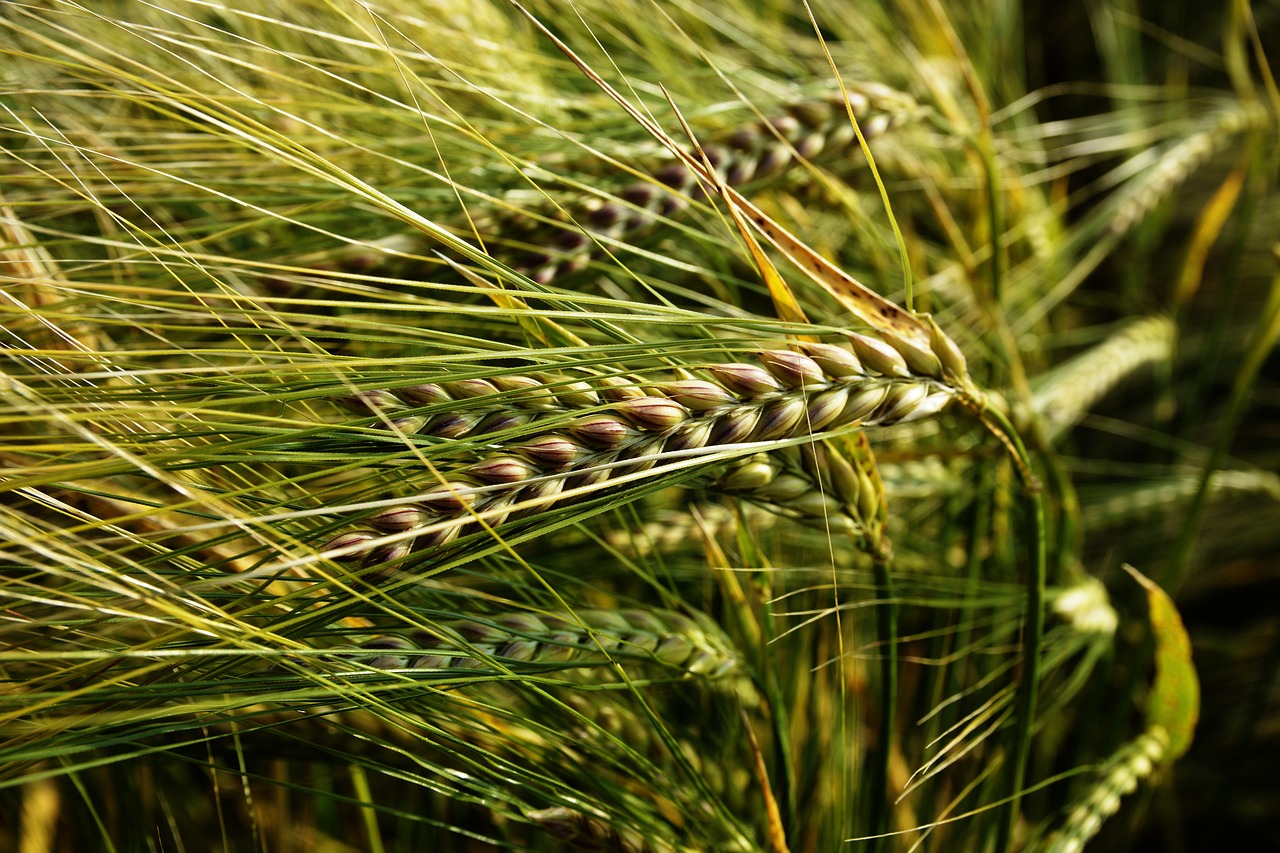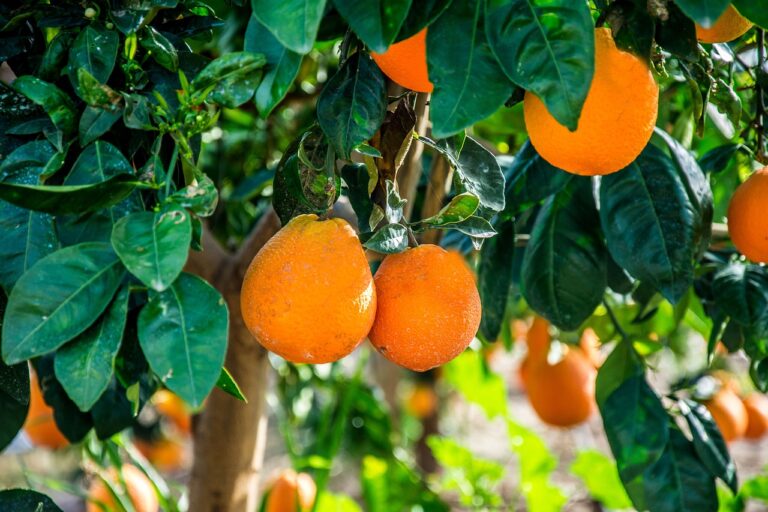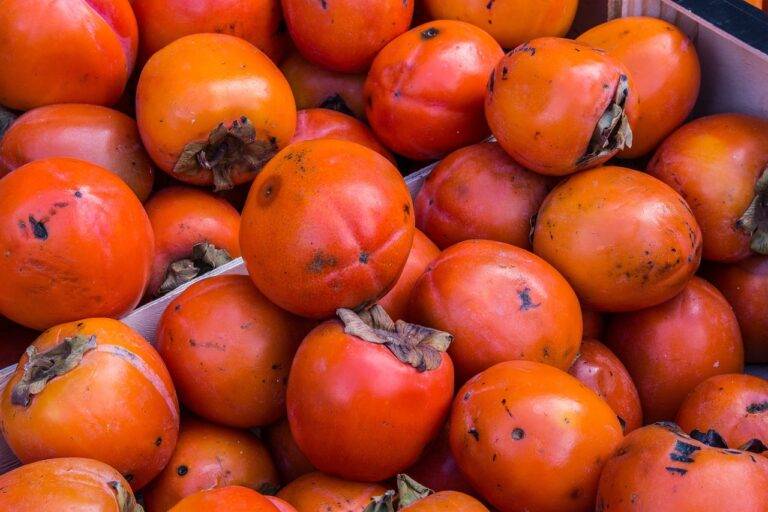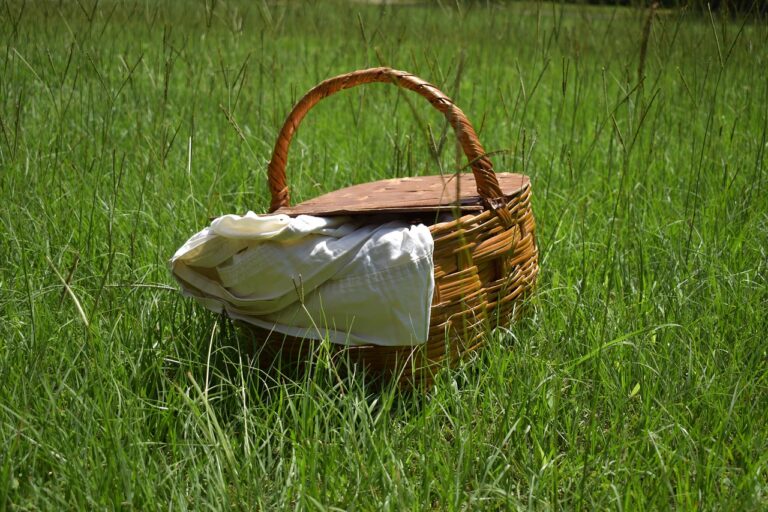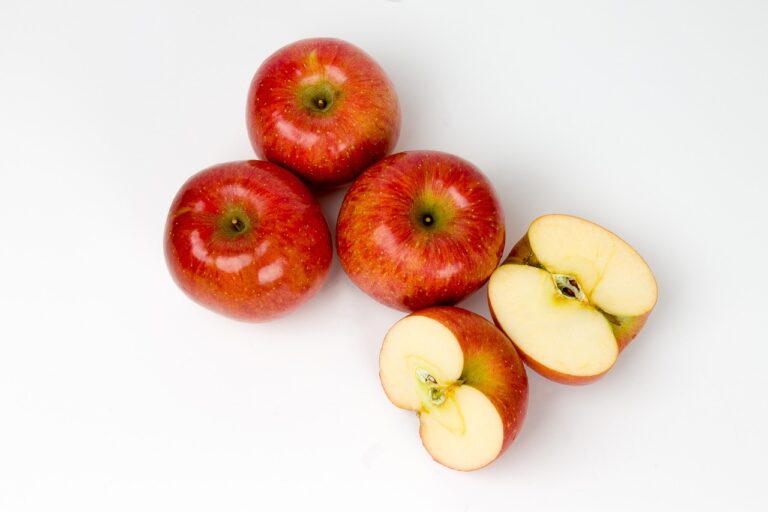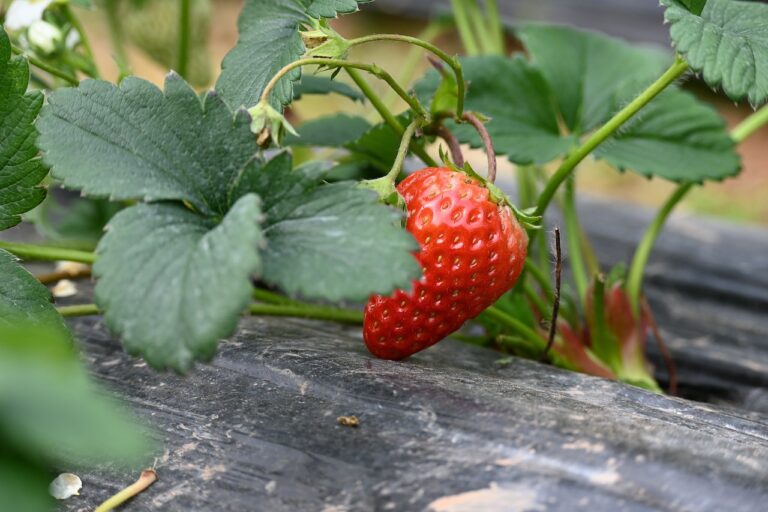Exploring the Benefits of Organic Gardening
Organic gardening has been gaining popularity in recent years as more people are becoming aware of the benefits of growing their own food in a sustainable and environmentally-friendly way. In this article, we will explore the many advantages of organic gardening and why you should consider starting your own organic garden.
What is Organic Gardening?
Organic gardening is a method of growing plants without the use of synthetic pesticides, herbicides, or fertilizers. Instead, organic gardeners rely on natural methods such as composting, crop rotation, and beneficial insects to promote healthy growth and reduce the risk of pests and diseases. By following organic gardening practices, you can produce fresh, nutritious fruits and vegetables while minimizing your impact on the environment.
The Benefits of Organic Gardening
1. Healthier Soil
One of the primary benefits of organic gardening is that it helps improve the health of the soil. By using compost and other organic materials, organic gardeners can enrich the soil with essential nutrients and beneficial microorganisms, which promote healthy plant growth. Healthy soil also has better water retention and drainage, reducing the need for excessive watering.
2. Better Nutrition
Organically-grown fruits and vegetables are known to be higher in essential vitamins, minerals, and antioxidants compared to conventionally-grown produce. This is because organic plants are not exposed to synthetic chemicals that can deplete nutrients in the soil and affect the nutrient content of the crops. By eating organic, you can ensure that you are getting the most nutritional value out of your food.
3. Safer for the Environment
Organic gardening practices are not only beneficial for your health but also for the environment. By avoiding the use of synthetic chemicals, organic gardeners help reduce pollution of waterways, soil erosion, and harm to beneficial insects and wildlife. Organic gardening promotes biodiversity and sustainability, making it a more eco-friendly choice for gardeners of all levels.
4. Cost-Effective
While it may seem like organic gardening requires more effort and resources upfront, it can actually save you money in the long run. By creating your own compost and using natural pest control methods, you can reduce the need for store-bought fertilizers and pesticides. Additionally, growing your own produce can help you save on grocery bills and ensure that you have a fresh supply of fruits and vegetables all season long.
5. Therapeutic Benefits
For many people, gardening is a form of therapy that can help relieve stress and improve mental well-being. Spending time in nature, tending to plants, and watching them grow can be a rewarding and calming experience. Organic gardening allows you to connect with the earth in a meaningful way while reaping the benefits of your hard work in the form of fresh, healthy produce.
Getting Started with Organic Gardening
If you are ready to take the plunge into organic gardening, here are some tips to help you get started:
1. Choose the right location
Find a sunny spot in your yard or balcony that receives at least 6-8 hours of sunlight per day. Make sure the area has good drainage and is away from trees or structures that may shade your plants.
2. Prepare the soil
Before planting, amend your soil with compost or organic matter to improve its structure and fertility. You can also perform a soil test to determine the pH levels and nutrient content of your soil.
3. Select your plants
Choose plants that are well-suited to your climate and growing conditions. Consider starting with easy-to-grow vegetables like tomatoes, peppers, and lettuce or herbs such as basil, parsley, and mint.
4. Practice crop rotation
To prevent soil depletion and pest buildup, rotate your crops each year to different areas of the garden. This can help maintain soil health and reduce the risk of diseases affecting your plants.
5. Mulch and water wisely
Use organic mulch, such as straw or shredded leaves, to retain moisture in the soil and suppress weeds. Water your plants deeply and infrequently to encourage deep root growth and drought tolerance.
6. Embrace organic pest control
Instead of resorting to chemical pesticides, try natural pest control methods such as hand-picking insects, companion planting, and using traps or barriers to deter pests. Beneficial insects like ladybugs and lacewings can also help keep pest populations in check.
FAQs about Organic Gardening
Q: Is organic gardening more time-consuming than conventional gardening?
A: While organic gardening may require more effort upfront in terms of soil preparation and pest management, it can ultimately save you time and money by reducing the need for constant inputs of fertilizers and pesticides.
Q: Can I still use chemical fertilizers in an organic garden?
A: No, organic gardening practices prohibit the use of synthetic chemicals, including fertilizers. Instead, organic gardeners rely on compost, manure, and other natural amendments to enrich the soil and provide nutrients to plants.
Q: What are the best crops to grow in an organic garden?
A: Some of the best crops for organic gardening include tomatoes, peppers, cucumbers, zucchini, lettuce, herbs, and berries. These plants are relatively easy to grow and can thrive in organic growing conditions.
Q: How can I attract beneficial insects to my organic garden?
A: To attract beneficial insects like ladybugs, lacewings, and bees to your garden, plant a variety of flowers, herbs, and native plants. Avoid using chemical pesticides that can harm beneficial insects and disrupt the natural balance of your garden ecosystem.
As you can see, organic gardening offers a wide range of benefits that make it a rewarding and sustainable practice for gardeners of all levels. By following organic gardening principles and techniques, you can enjoy fresh, nutritious produce while protecting the environment and promoting biodiversity in your backyard. So why not give organic gardening a try and experience the joys of growing your own food the natural way!

